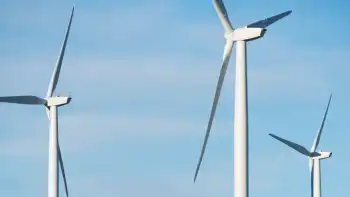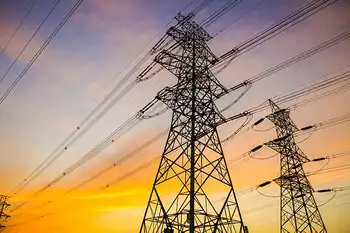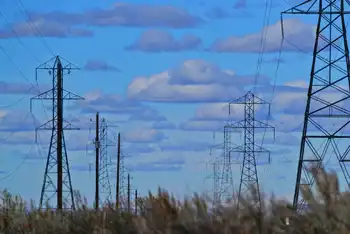Japan subsidizing energy-efficient plants
JAPAN - Japan's government plans to subsidize domestic plants producing clean-energy and energy-efficient goods under steps to support the slowing economy, the Nikkei newspaper said, as the murky outlook keeps firms from boosting spending at home.
A strong yen is putting additional pressure on Japan's fragile economy, which is already seeing slowing growth and mired in grinding deflation, forcing the government to consider drafting a package of stimulus measures.
In a draft version of the stimulus package, the government plans to subsidize investment in domestic plants manufacturing goods such as lithium battery cells for electric vehicles, the Nikkei said.
Another proposal is to extend the deadline for subsidies aimed at encouraging households to purchase energy-efficient consumer electronics, the paper said.
It will also extend a housing loan program, which was scheduled to end this year, that reduces annual interest on 35-year fixed-rate loans for energy-efficient and quake-resistant homes.
Economics Minister Satoshi Arai has submitted the draft stimulus plan to Prime Minister Naoto Kan.
Related News

Wind power making gains as competitive source of electricity
TORONTO - It's taken a decade of technological improvement and a new competitive bidding process for electrical generation contracts, but wind may have finally come into its own as one of the cheapest ways to create power.
Ten years ago, Ontario was developing new wind power projects at a cost of 28 cents per kilowatt hour (kWh), the kind of above-market rate that the U.K., Portugal and other countries were offering to try to kick-start development of renewables.
Now some wind companies say they've brought generation costs down to between 2 and 4 cents — something that appeals to provinces that are looking to…




